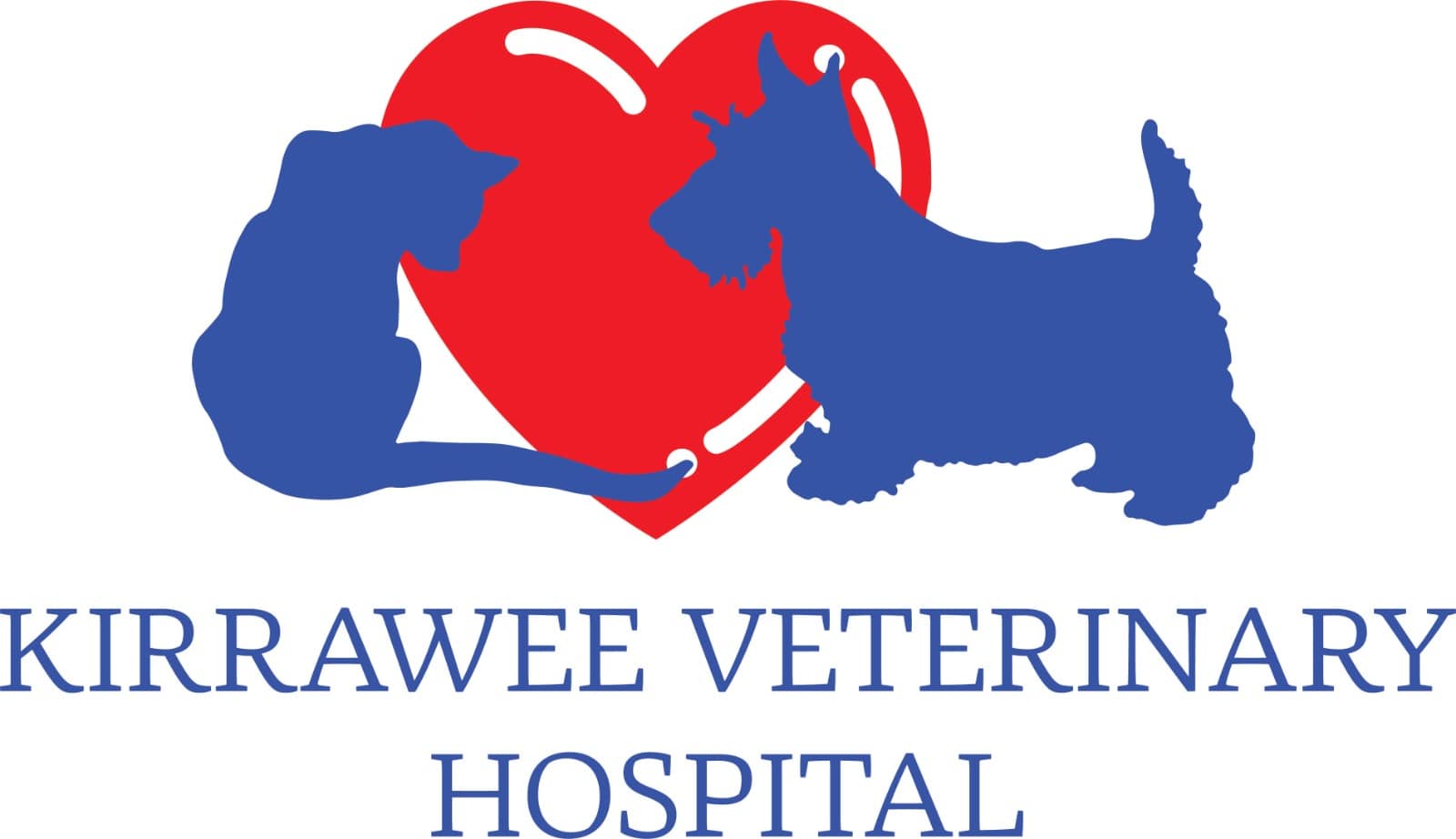Dentistry
Does your pet have smelly breath? Are their teeth more yellow than white? Do they have plaque or tartar build-up that just won’t budge? These could be signs of dental disease—a common but often overlooked health issue in pets.
In fact, over 80% of dogs over the age of three and 50–90% of cats over four are affected by some form of dental disease.
There are two main types of dental disease:
-
Gingivitis – inflammation of the gums caused by bacteria, but the tooth's supporting structures are still intact.
-
Periodontal disease – when the damage extends to the gum, ligament, and bone. This is irreversible and can result in tooth loss and chronic pain.
Untreated dental disease doesn’t just affect your pet’s mouth. Bacteria can enter the bloodstream and lead to infections in the heart, kidneys, liver, brain, eyes, skin, and bones. That’s why prevention and early treatment are so important.
🦷 What Does a Dental Procedure Involve?
Dental procedures at Kirrawee Vet Hospital are performed under general anaesthetic to allow a full assessment of your pet’s mouth, above and below the gum line. Some pets may only need a routine scale and polish, while others may have more advanced dental disease requiring extractions or more intensive treatment.
The cost of dental care can vary depending on the level of disease and treatment needed. While we aim to provide an estimate beforehand, some issues—especially those below the gum line—can only be assessed once your pet is under anaesthesia.
During every dental procedure:
-
Your pet is monitored closely by our experienced team of veterinarians and veterinary nurses
-
All teeth are thoroughly examined and cleaned
-
Any diseased teeth are carefully removed to reduce pain and prevent further damage
-
Pets go home with pain relief and tailored aftercare instructions
Most pets recover quickly after extractions and are often brighter and happier once those sore, infected teeth are removed.
🪥 How to Prevent Dental Disease
Good dental care starts at home. Prevention can make a huge difference and includes:
-
Brushing your pet’s teeth regularly
-
Feeding dental-specific diets
-
Using powder or water additives to reduce plaque and freshen breath
-
Giving dental treats and chew toys
-
Scheduling regular dental checks with our team
If you’re worried about your pet’s breath or teeth, book an appointment today. Our team will assess their dental health and guide you through the best treatment or prevention plan to keep them smiling.

